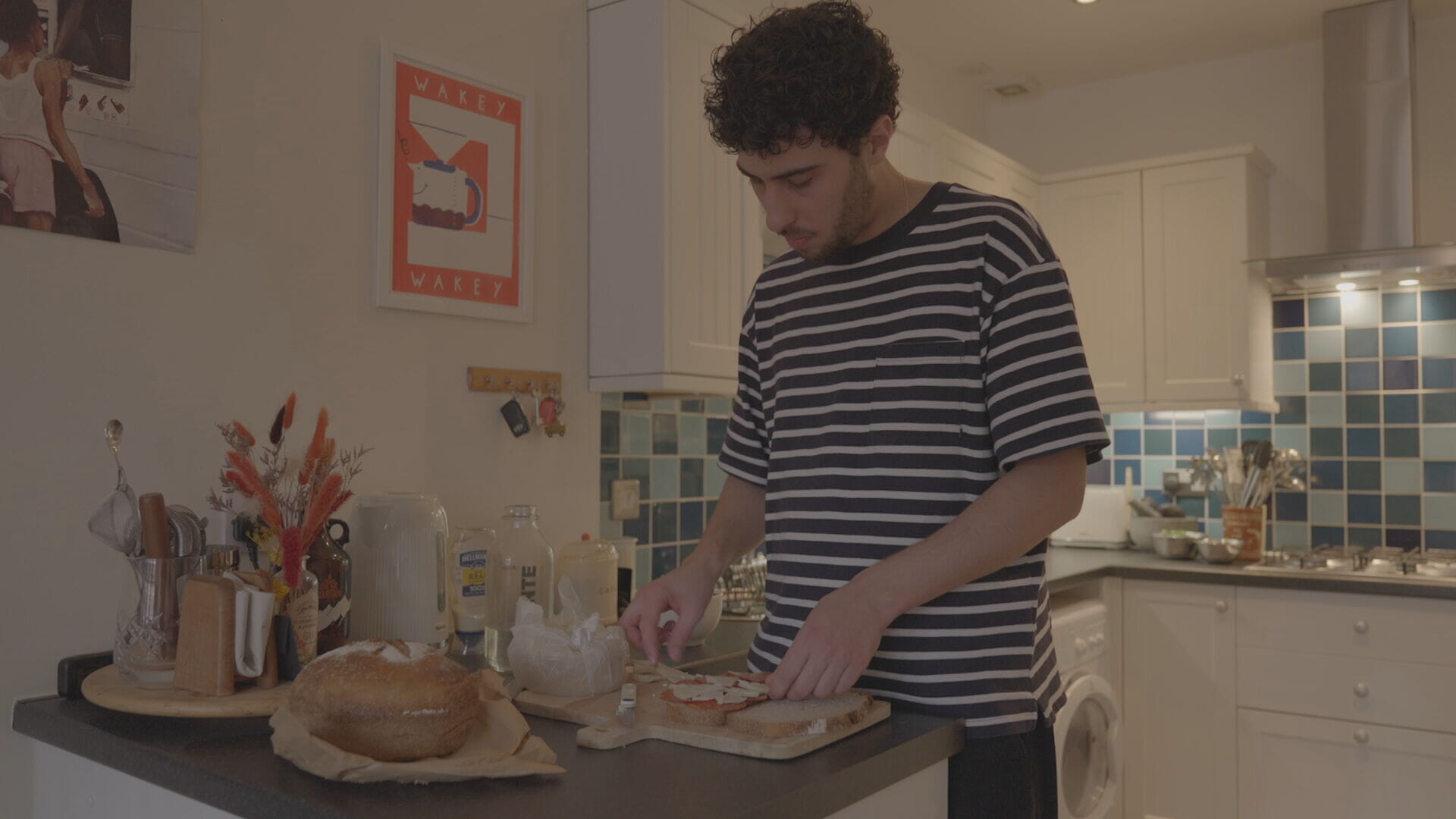A man with 28 food allergies has warned that more must be done to support a rising number of people with eating intolerances in Scotland.
Alex De Sousa, who lives in Glasgow, says his life has become “increasingly difficult” as his list of severe food allergies has grown over the years from 14 to 28 foods which trigger his allergic reactions.
The number of people living with severe allergies in Scotland is around three times higher than 20 years ago, according to NHS figures.
He told Scotland Tonight: “There’s no sleeping on this. You have to think about it all the time. In the house, in the supermarket, eating out is a whole other world of complexity and challenge.
“To me, the common thread through all my life was that access to information was very difficult.”
Anaphylaxis, a life-threatening reaction to allergens, is thought to affect between 6,000 and 10,000 people across the country.
It frequently develops in childhood but can present at any stage in a person’s life, and experts believe the prevalence is only going to increase.
‘It’s becoming increasingly difficult’
 STV News
STV NewsAlex De Sousa has spent his whole life navigating his severe allergies.
He first reacted to milk as a baby, and since then, he has discovered 28 foods which trigger allergic reactions – some of them anaphylactic.
“There were a lot of things that my parents had to do and change around the house because it didn’t just affect me – it affected the entire household.
“I had eczema, so they took the carpets out, and they started buying whole foods – not pre-packaged or processed stuff where there’s a whole bunch of hidden ingredients in there. They had to know there was nothing in the house I was allergic to.
“Since I was young, I knew I had 14 food allergies, a list ingrained in my head for as long as I can remember. That list has been growing over the years as I’ve been exposed to different foods and cuisines.”
Alex’s most severe allergies are to peanuts and legumes.
He explained that eating out in restaurants and even buying groceries has become more difficult.
“Those ingredients are starting to sneak into a lot of products, especially in the supermarket. Pea protein is being used in a lot of preservatives to preserve things like meats, cream, cheese, and yoghurt.
“Anything that is labelled as vegan or gluten free for me is a red flag because it uses those ingredients like legumes.”
In Scotland, food businesses are legally required to disclose whether their products contain any of the 14 key allergens.
However, Alex says the way that information is displayed can vary and believes the legislation is “very loose.”
“I think right now businesses are only mandated to be able to tell you that information in person.
“In my opinion, it doesn’t go far enough because focusing everything on the conversation is actually quite dangerous.
“There are a lot of factors at play there, such as how busy the place is, the server that is serving you, and how knowledgeable they are. The server would need to be supported by some kind of information pack. Is that information pack up to date? If there’s no information pack, they’re speaking to the chef in the moment. The chef is also busy.
“I think there is a lot of room for error in that.”
He has developed a web tool, Edible, which will help restaurants display allergen information more clearly to customers.
“There is absolutely a need for this beyond food allergies,” he said. “There is demand for information about what is in food. And I think that is only going to grow.”
 STV News
STV NewsAt Scotland’s only adult allergy clinic in Glasgow, around 1,000 patients are treated every year.
Professor Malcolm Shepherd, who played a key role in setting up the service at the former Yorkhill Hospital, said demand is only likely to grow, and the provision of care will need to be able to keep up.
He explained: “In paediatric care, services are really very good. It becomes slightly less good when it moves into the adult population.
“The growth of allergy in adults has not been matched by growth in allergy experts in adults, and this is a problem not just in the UK.
“We see this problem across the world because the rate of growth in adult allergy is so huge.”
He said: “We spend a lot of time trying to help colleagues across the country who are dealing without their expertise in managing patients who have allergies.
“We certainly don’t have resources to see everybody and we’d like to have more resources to do that.
“I think we should look at services and try to expand them and try to improve the offering that we have for adult patients with allergies.”
Watch the full report, Scotland Tonight: Living with Severe Allergies, at STV and on the STV Player at 8.30pm.
Follow STV News on WhatsApp
Scan the QR code on your mobile device for all the latest news from around the country




























